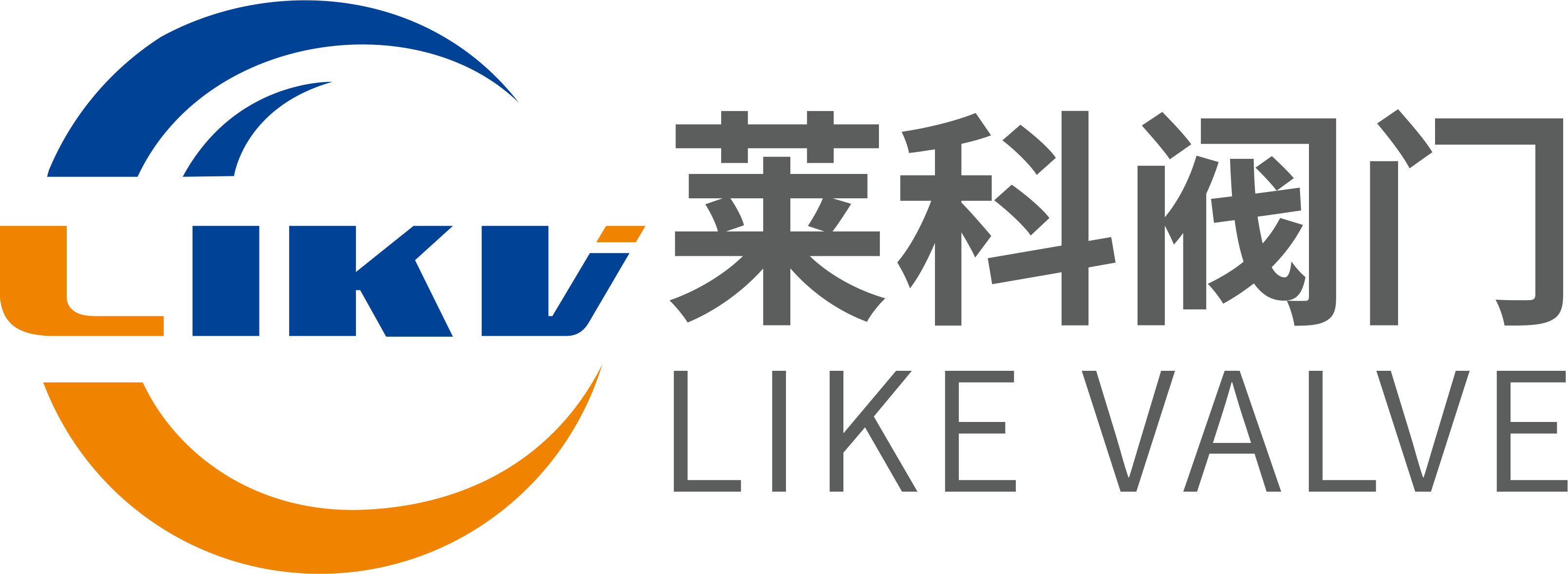Many people have never heard of triethyl aluminum (TEAL), but it plays a key role in the manufacture of products that people can see and touch every day. TEAL is an organoaluminum (carbon and aluminum) compound used to manufacture high-density and low-density plastics, rubber, pharmaceuticals, semiconductors, and polymers required for “fatty alcohol” in detergents and hand sanitizers.
Polymers work by combining individual molecules (or monomers) into larger chains that can be used to make products. In organic polymers, the backbone of these chains is carbon and organometallic compounds, such as TEAL. These compounds provide the carbon needed for the polymerization reaction. In the production of some of the most common plastics, the combination of TEAL and titanium tetrachloride can produce Ziegler-Natta catalysts. This is the catalyst needed to initiate a chemical reaction that leads to highly linear olefin polymerization to produce polyethylene and polypropylene.
Any factory that stores or processes TEAL should pay attention to the volatility of the chemical. TEAL is pyrophoric, which means it will burn when exposed to air. In fact, the strong reaction of this chemical with cryogenic liquid oxygen is one of the reasons for its use as the first stage rocket igniter of the SpaceX program. Just one thing to say: extreme care must be taken when handling this substance. For plastic manufacturers who pump this chemical every day, only pumps specifically designed for this application can be used. Extra care must be taken to ensure that the catalyst is not exposed to air during processing.
When selecting a pump for TEAL applications, accuracy is of the utmost importance. Each chemical process follows a specific formula. Injecting too much or too little key ingredients will not produce the desired results. Metering pumps that can specifically inject the required amount of chemicals (with an accuracy of +/- 0.5%) are the first choice for chemical manufacturers TEAL applications.
Regarding flow and pressure, TEAL is usually measured with a volume of less than 50 gallons per hour (gph) and a pressure of less than 500 pounds per square inch gauge (psig), which is within the range of most metering pumps. The key part of the polymerization process is full compliance with American Petroleum Institute (API) 675 regulations, accuracy and reliability. TEAL prefers pumps composed of 316 stainless steel liquid end, 316 LSS ball valve and seat, and polytetrafluoroethylene (PTFE) diaphragm to extend the life of this hazardous chemical.
Safety and reliability The hydraulically driven diaphragm (HAD) metering pump can operate reliably for decades and has a long mean time between maintenance (MTBR). This is mainly due to the design of the pump. Inside the liquid end, the volume and pressure of the hydraulic fluid on one side of the diaphragm are equal to the pressure of the process fluid on the other side, so that the diaphragm maintains an equal balance between the two fluids. The piston of the pump never touches the diaphragm, it moves the hydraulic oil into the diaphragm, causing it to bend enough to move the required amount of process fluid. This design eliminates the stress on the diaphragm and has a longer service life.
Although longevity is important, priority must be given to reliability without leakage. Metering pumps for TEAL applications should be equipped with integral check valves to minimize potential leak paths. The external 4-bolt tie rod provides a firmer and more reliable pipe connection. For a long period of time, external vibration of the pipe connection can cause leakage and major pump problems.
The PTFE diaphragm has a good track record in pumping TEAL. These pumps should have a double diaphragm with leak detection function, such as a pressure gauge or a combination of pressure gauge and switch to warn of potential problems.
As a third layer of protection, the nitrogen blanket in the hydraulic casing and gearbox will prevent the pyrophoric liquid from being exposed to the air.
Maintenance The check valve on the metering pump, which runs at 150 strokes per minute, 365 days a year, will open and close more than 70 million times a year. The standard maintenance or KOP (keep pumping) kit provides the parts needed to replace the pump’s check valve, which also includes diaphragms, O-rings and seals. As part of preventive maintenance, it should also include changing the hydraulic oil of the pump.
The demand for plastics for personal protective equipment (PPE), coupled with low oil prices to reduce raw material costs, means increased production and the need for metered volatile catalysts (such as TEAL).
Jesse Baker is the commercial leader of Pulsafeeder’s sales, product management, engineering and customer service teams. You can contact him at jbaker@idexcorp.com. For more information, please visit www.pulsafeeder.com.
Post time: Jan-20-2021




